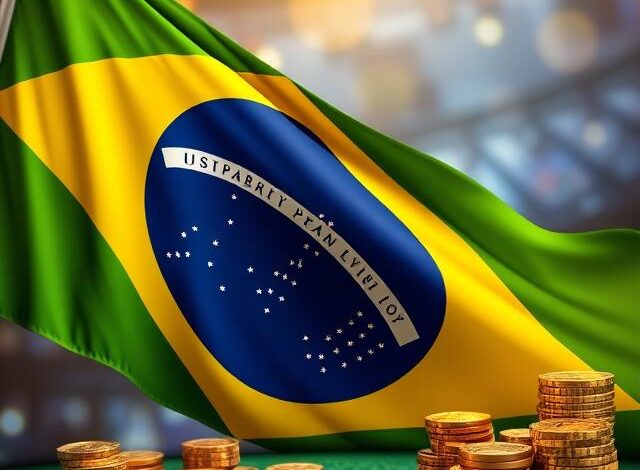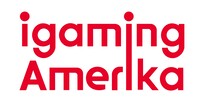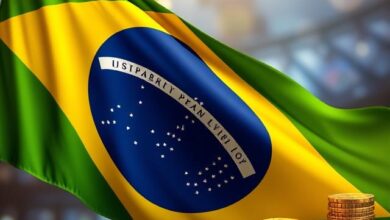Fiscal Deadlock Prompts Talks of Higher Betting Taxes in Brazil

The Ministry of Treasury remains optimistic as it prepares for an important meeting scheduled for Sunday with Davi Alcolumbre, Hugo Motta, and key leaders of the government coalition. The main aim of this gathering is to explore viable solutions to the ongoing deadlock surrounding the Tax on Financial Transactions (IOF). Simultaneously, efforts are being made to secure the necessary funds to support public services into 2025, all within the constraints of the fiscal framework. betting tax brazil
Luiz Inácio Lula da Silva’s government is actively engaged in negotiations with Congress, considering various measures to mitigate the potential impact of a reduced increase in the IOF. However, some of these proposals have faced resistance, with several being weakened or outright rejected by legislators. Among the options under discussion is an increase in taxes on betting platforms, a proposal that reportedly has support from Davi Alcolumbre and Hugo Motta. The idea involves raising the current tax rate from 12% to 18%, a figure initially proposed by the Executive branch but later scaled back by lawmakers.
Both Folha de S.Paulo and Globo Online have reported on this development, with Globo’s Lauro Jardim confirming that the government’s proposal includes higher taxes on betting. Jardim explained that the plan is to increase the tax from 12% to 18% of gross revenue, noting that 18% was the original rate proposed when betting was legalized in 2024, but lawmakers had lowered it to the current 12%. Both sources appear to be citing information from a shared source close to the Ministry of Finance, indicating that adjusting the tax on betting is being considered as part of the broader effort to resolve the IOF deadlock.
Read also: Colombia Stands Firm on 19% VAT for Online Gambling Amid Industry Backlash
However, raising the tax rate on betting platforms could pose serious challenges for the sector. The proposed 18% tax on Gross Gaming Revenue (GGR) would leave operators with 82% of their revenue for operational costs and other taxes. Currently, betting companies already face a complex array of federal taxes, including contributions to social security, corporate income taxes, social contribution on net profit, and PIS, which collectively amount to around 33.25%. In addition, they are subject to municipal taxes like the ISS, which varies between 2% and 5%, depending on the city. When combining these taxes, the total tax burden on betting companies ranges from 35.25% to 38.25%.
With the current GGR tax rate of 12%, the overall effective taxation falls between approximately 45.25% and 50.25%. Should the proposed increase to 18% be enacted, the GGR tax would rise by six percentage points, pushing the total taxation to roughly 51.25% to 56.25%. This significant increase could threaten the financial sustainability of regulated betting operators and impact their growth and operational stability. betting tax brazil














